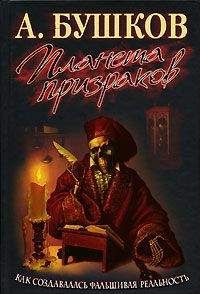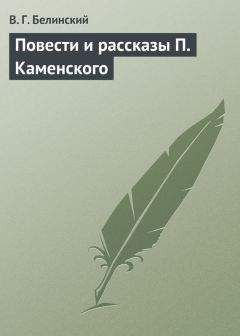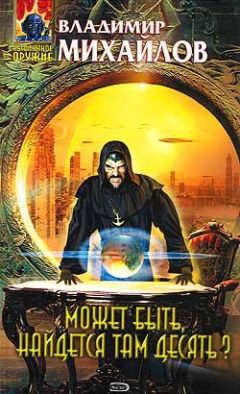Майкл Дэвид-Фокс - Витрины великого эксперимента. Культурная дипломатия Советского Союза и его западные гости, 1921-1941 годы
Wagnleitner R. Coca-Colonization and the Cold War: The Cultural Mission of the United States in Austria after the Second World War / Trans. D.M. Wolf. Chapel Hill: University of North Carolina Press, 1994. P. 46–53.
975
Ibid. P. 55; Zubok V. Zhivago's Children. P. 114; Magnusdottir R. Keeping up Appearances. P. 105. О других послевоенных реакциях правительства США на инициативы советской культурной дипломатии см.: Ninkovich RA. The Diplomacy of Ideas: U.S. Foreign Policy and Cultural Relations, 1938–1950. Cambridge: Cambridge University Press, 1981. P. 108,143. Шире и подробнее о стратегиях и различных ограничениях усилий США в холодной войне культур см.: Beltnonte L.A. Selling the American Way: U.S. Propaganda and the Cold War. Philadelphia: University of Pennsylvania Press, 2008.
976
Nolan M. The Transatlantic Century: Europe and America, 1890–2010. Cambridge: Cambridge University Press, 2012.
977
Engerman D. The Second World's Third World// Kritika. 2011. Vol. 12. № 1. P. 183–211; Marks S.G. How Russia Changed the Modern World. Princeton: Princeton University Press, 2004. Chs. 8–9.
978
Behrends J.C. Die erfundene Freundschaft: Propaganda fur die Sowjetunion in Polen und in der DDR. Cologne: Bohlau Verlag, 2006. S. 160–161, 241–254; Naimark N.M. The Russians in Germany: A History of the Soviet Zone of Occupation, 1945–1949. Cambridge, Mass.: Harvard University Press, 1995. P. 411–418.
979
Pechatnov V. Exercise in Frustration: Soviet Foreign Propaganda in the Early Cold War, 1945–1947 // Cold War History. 2001. Vol. 11. № 2. P. 1–27.
980
Ibid. P. 7; Magnúsdóttir R. Keeping up Appearances. P. 127 [прим. 63]; о серьезных подвижках, привнесенных в советскую жизнь борьбой с космополитизмом, см.: Pollock E. Stalin and the Soviet Science Wars. Princeton: Princeton University Press, 2006.
981
Gould-Davies N. The Logic of Soviet Cultural Diplomacy // Diplomatic History. 2003. Vol. 27. № 2. P. 193–214.
982
Фраза заимствована из книги: Poe М. Т. The Russian Moment in World History. Princeton: Princeton University Press, 2003.



